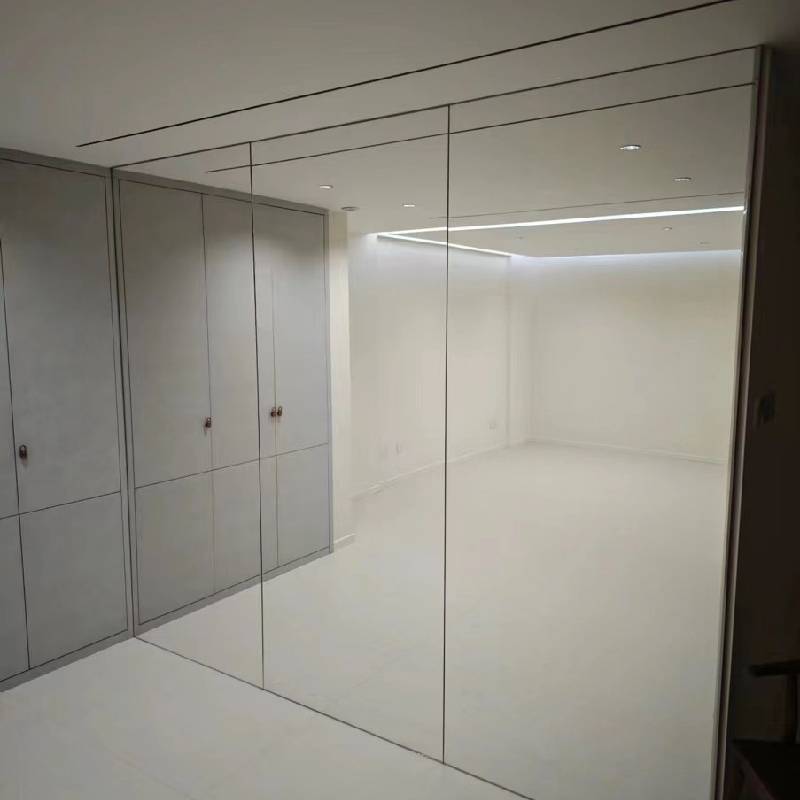

The Evolution of IGU Windows Enhancing Comfort and Efficiency
In the modern architectural landscape, energy efficiency and comfort are paramount considerations. One of the most effective solutions for achieving both is the use of Insulated Glass Units, commonly referred to as IGU windows. These innovative products have transformed how we think about windows, offering enhanced thermal performance, minimal condensation, and noise reduction while maintaining aesthetic appeal.
IGU windows consist of two or more glass panes separated by a spacer and sealed to create an airspace. This design minimizes heat transfer, effectively reducing the energy required for heating or cooling buildings. Typically filled with inert gases such as argon or krypton, this airspace provides additional insulation, further improving the thermal performance of windows. As a result, IGUs contribute significantly to reducing energy bills and enhancing the overall energy efficiency of residential and commercial buildings.
The Evolution of IGU Windows Enhancing Comfort and Efficiency
Moreover, IGU windows offer a straightforward solution to common problems like condensation. Traditional single-pane windows often suffer from condensation build-up, leading to mold growth and damage to window frames and surrounding walls. The insulated design of IGUs significantly reduces the risk of condensation on the interior surface of the glass, promoting healthier indoor air quality and protecting the integrity of the building structure.

The versatility of IGU windows also allows for a wide range of design options. Homeowners and architects can choose various styles, such as double-hung, casement, or sliding windows, seamlessly integrating them into any architectural design. Additionally, IGUs can be manufactured with various coatings to enhance performance. Low-emissivity (Low-E) coatings reflect heat back into the building during winter while keeping it out during summer, providing year-round comfort.
Furthermore, the growing concern for environmental sustainability has led many manufacturers to adopt eco-friendly practices in producing IGUs. The use of sustainable materials, energy-efficient manufacturing processes, and recyclable components ensures that IGUs are not only beneficial for the buildings they serve but also for the environment as a whole.
In terms of installation, IGU windows are designed for easy integration into existing structures, allowing for retrofitting in older buildings that lack modern energy-efficient solutions. This adaptability not only helps improve energy performance but also enhances property value and appeal in today’s market, where buyers increasingly prioritize energy efficiency.
With advancements in glazing technology, the future of IGU windows promises even greater effectiveness. Emerging trends include smart windows equipped with sensors that adjust opacity based on sunlight intensity, further optimizing energy usage and indoor comfort. Such innovations position IGU windows at the forefront of building design, making them an indispensable component in the quest for sustainable living.
In conclusion, IGU windows stand out as a transformative innovation in modern architecture. They provide superior thermal insulation, noise reduction, and aesthetic flexibility while promoting environmental sustainability. As technology continues to evolve, IGU windows will play an essential role in shaping tomorrow’s energy-efficient buildings, ensuring that comfort and efficiency go hand in hand. The integration of these advanced window systems into homes and commercial spaces promises a brighter, more sustainable future for all.